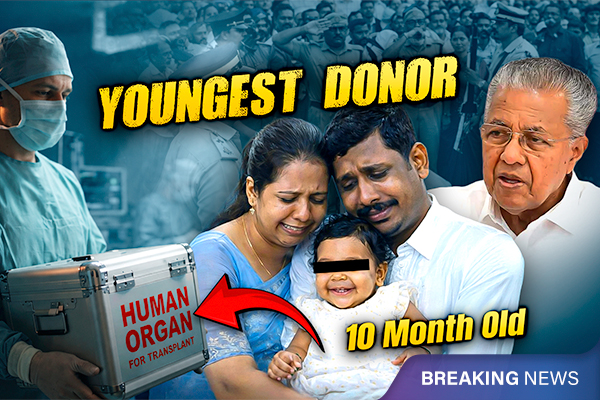Mecca: More than 1,300 Hajj Pilgrims Die Due to Severe Heatwave
More than 3,000 pilgrims reported heat exhaustion and more than 1,300 pilgrims died during the annual Hajj pilgrimage in Mecca City, Saudi Arabia because of the ongoing heatwave.
Every year, lakhs of Muslims worldwide travel to Mecca in Saudi Arabia for Hajj, a holy pilgrimage. According to Islam, every adult Muslim who is physically and financially able must perform Hajj at least once in their lifetime.
Hajj can only be carried out on specific dates set by the lunar Islamic calendar. This year, Hajj took place from 14th June to 19th June 2024, during the peak of the Saudi summer. Hajj is mostly an outdoor journey, and the Saudi National Meteorological Centre reported a high of 51.8°C during the Hajj week in Mecca.
This severe heatwave resulted in more than 3,000 cases of heat exhaustion and the deaths of 1,301 pilgrims. Saudi Health Minister Fahd bin Abdurrahman Al-Jalajel said that 1,080 of the deaths were unauthorized pilgrims who walked long distances in the extreme heat to perform the Hajj rituals.
Every year, tens of thousands of pilgrims try to perform Hajj through illegal and unauthorized channels because they cannot afford the expensive official permits. Despite Saudi authorities clearing thousands of unregistered pilgrims from Mecca before Hajj, many still managed to participate.
Unregistered pilgrims were more vulnerable to the heatwave as they did not have access to the air-conditioned zones provided for the 18.3 lakh registered pilgrims with official permits from 22 different countries. Several day-long outdoor prayers in high temperatures, exhaustion from being chased by security forces, and having no place to cool down caused severe health problems among the unregistered pilgrims, leading to their deaths.
The highest number of deceased pilgrims belonged to Egypt. Egypt sent over 50,000 pilgrims for Hajj this year, and out of the 1,300 deceased pilgrims, 660 were Egyptians, with 630 being unregistered. The Egyptian authorities have cancelled the licenses of 16 travel agencies that helped the unauthorized pilgrims.
Out of 1,50,000 Pakistani pilgrims, 58 died. Out of 2,40,000 Indonesian pilgrims, 183 died. Out of 1,75,000 Indian pilgrims, 98 died, but there is no official statement from the Indian government. Other countries reporting Hajj pilgrim deaths due to the heat include Turkey, Iran, Iraq, Tunisia, Nigeria, Algeria, Bangladesh, Malaysia, Jordan, and Sudan. The US State Department also confirmed multiple deaths of US citizens during the Hajj and offered their condolences.
None of the countries have provided confirmed numbers of missing and dead pilgrims so far. Heat-exhausted patients are being treated in several hospitals in Mecca, with some being airlifted to Riyadh for treatment.
The high number of deaths is shocking because Hajj officials advise pilgrims to carry umbrellas and stay hydrated as a precaution. This year, the Saudi army deployed dozens of cooling stations along the official routes, around 1,600 medical personnel, and 30 rapid response teams to help heatstroke victims. Additionally, 10,000 health and first aid volunteers were deployed.
Friends and family of the missing pilgrims are searching hospitals and pleading online for information, fearing the worst. Saudi authorities are working to notify the loved ones of the deceased unregistered pilgrims and have started the burial process. They are cleaning the bodies, wrapping them in white burial cloth, and placing them in graves according to protocol.
Videos of unattended bodies on the streets and pictures of missing persons with requests for information are flooding social media, with people desperate for answers.
Last year, over 200 pilgrims, mostly from Indonesia, died during Hajj, and more than 2,000 people suffered from heat exhaustion. With Hajj dates coinciding with the peak Saudi summer season for the past few years, is it right to risk your health and life for a pilgrimage? Tell us in the comments!







